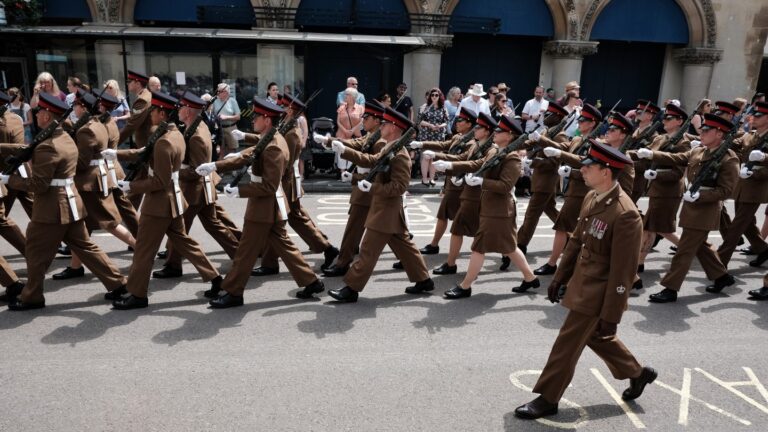
Military domestic abuse conference exposes gulf between military leaders and survivors
Last week I had the privilege of attending a conference focusing on violence against women and girls in the military.
The Aurora New Dawn conference, hosted by the domestic abuse charity, was an inspiring and, at times, deeply moving experience. Listening to survivors of domestic violence share their stories was both powerful and humbling and their courage in speaking out is a reminder of why this work is so important.
A new issue for me to hear about is that of coercive financial control – a deeply harmful form of abuse that quietly constrains lives.
For non-UK military spouses, the threats are not just emotional or financial, they can be tied into legal status, immigration, entitlement to public support, and often vulnerability with fewer places to turn.
For me, one of the most striking issues discussed, which we hear about time and time again, is how little we know about the scale of the problem around inappropriate behaviour.
We still don’t have clear data on how many people leave the Armed Forces because of inappropriate behaviour. Without this evidence, it is impossible to fully understand the impact, or to design effective policies that address the harm being done.
I raised the question of training; it’s great the military have policies such as the Unacceptable Behaviour policy, but if they are not shared, discussed and indeed impressed on military people, do they even know the policy exists, its content, where to find it or what is expected of them?
What is equally troubling is the ongoing confidence expressed by some military leaders in the current service justice system. Time and again, survivors tell us that this system does not work for them – that it is intimidating, isolating, and stacked against their voices being truly heard. As long as leadership continues to insist the system is fit for purpose, survivors will continue to feel silenced and let down.
Aurora New Dawn’s conference has shown the power of survivor voices and the importance of creating safe spaces for those voices to be heard. But it has also shown that change is still urgently needed. Until survivors of sexual trauma in the military are placed at the heart of reform – not at the margins – the system will continue to fail them.
Now more than ever, we must listen, we must learn, and we must act.









